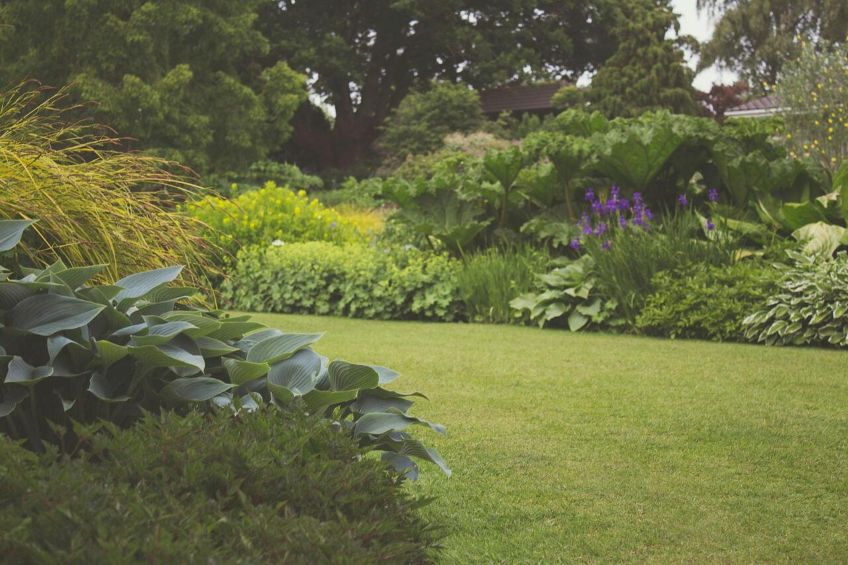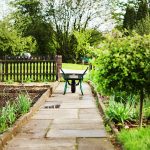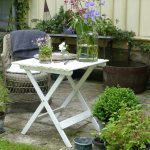Gardening gets more difficult as we age, yet it only gets more important that we push through and continue on with it. With benefits to our mental health and mobility, we need to look at ways to adapt our gardening habits so we can keep them up regularly.
Raised beds and container gardening
One of the most effective changes you can make is introducing raised beds to your garden. These eliminate the need for bending and kneeling, so planting and weeding become way more comfortable. Aim for a height of around 70cm so that you can even work whilst seated or standing. Container gardening has similar benefits and even provides flexibility – you can move pots to catch the sun or bring tender plants indoors during harsh weather.
You can also consider lightweight materials like fibreglass for containers rather than heavy ceramic pots. Self-watering planters are useful, but be careful not to fully automate yourself out of a job.
Water management solutions
It’s not glamorous but watering systems can transform garden maintenance. Installing a simple drip irrigation system or soaker hoses means that you can water without the physical demands of hauling heavy watering cans. Ideally, you will take a hybrid approach, meaning you do what you can, when you can.
For areas prone to waterlogging or where drainage is poor, a dirty water pump can help manage excess water for you. This prevents root rot and cuts down your workload.
Ergonomic tools and equipment
Investing in proper tools makes a huge difference to your gardening experience. Look for lightweight tools with cushioned grips and extended handles so you can use them for longer without strain. Long-handled cultivators, weeders and pruning shears all reduce the need to bend or stretch uncomfortably. Wheeled garden seats with tool storage underneath can also provide mobile seating whilst keeping tools within reach.
Consider battery-powered tools for heavier tasks too, as modern cordless hedge trimmers and lawn mowers are much lighter than their petrol counterparts.
Plant selection for low maintenance
Choose plants that work with you rather than against you. Native British plants typically require less water, fertiliser, and pest control than alien species. Perennials return year after year without replanting, whilst shrubs provide structure with minimal annual maintenance.
Creating accessible pathways
Keep your garden paths wide enough for walking frames or wheelchairs – at least 90cm is recommended, and it’s good to think about this now before it’s too late. Use non-slip surfaces and consider adding handrails along longer paths, or ramps instead of steps. Good lighting goes a long way to extending the gardening day too, if you’re often busy until tea time.
Seeking help and community
Don’t hesitate to ask family or neighbours for assistance with heavier tasks. In fact, it’s one of the few activities that a lot of younger people are genuinely interested in, and helping may mean learning. So, it’s a fair trade, not to mention that lots of communities have gardening clubs or volunteer schemes that are aimed at elderly gardeners. Professional garden maintenance services can handle tasks like pruning large trees or heavy landscaping whilst you focus on the aspects you enjoy most.
Remember, gardening should bring joy, not pain, and so these adaptations can help extend how long gardening can be a big part of your life.




